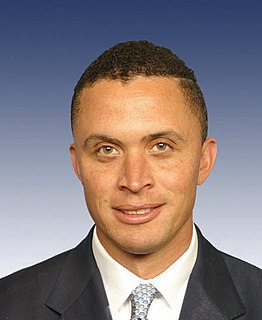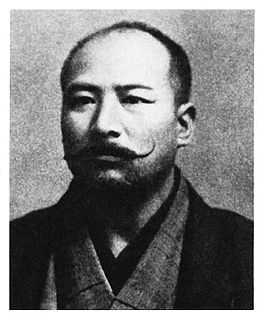A Quote by Harold Ford, Jr.
I'm not comparing myself to Bobby Kennedy by any stretch, but he was opposed by the liberal establishment, too. Eleanor Roosevelt was the biggest opponent to him running.
Related Quotes
Well, in Washington, this is a very hard time for Eleanor and Franklin. This is when Lucy Mercer first appears. And Lucy Mercer is Eleanor Roosevelt's own secretary. Very beautiful young woman, not unlike Eleanor Roosevelt: tall, blonde, thick haired. And FDR is having an affair with her, which Eleanor Roosevelt finds out when FDR returns from Europe in 1918 with the famous flu of 1918.
On international relations, Eleanor Roosevelt really takes a great shocking leadership position on the World Court. In fact, it amuses me. The very first entry in her FBI file begins in 1924, when Eleanor Roosevelt supports American's entrance into the World Court. And the World Court comes up again and again - '33, '35. In 1935, Eleanor Roosevelt goes on the air; she writes columns; she broadcast three, four times to say the US must join the World Court.
Until Eleanor Roosevelt, there was only one or two First Ladies in all of American history who made an impact, who people could even have recognized or identified. And it's really only been since Jackie Kennedy that there's been this idea that the family life of the president is such a central thing.
In holding your antagonist, therefore, you should hold him lightly as if your arms were nothing but chains which connect you with him, so that you may stretch or contract them at will when necessary, and pull or push him in any direction you choose. If you pull your opponent or apply your tricks on him by putting from the beginning too much strength in your arms, then you are going to contest with him by means of your power and against the principles of Judo. In doing so, you can never expect to succeed in your contest.
One of the things for me, as a biographer, that is so significant is for Eleanor Roosevelt - the child who never had a home of her own, who lives in her grandmother's home and then goes to school and then gets married and lives in her mother-in-law's homes, and then in public housing (like the White House and the State House) - housing becomes for Eleanor Roosevelt the most important issue.
In one way, it is this sense of order and also love that, I think, really saved Eleanor Roosevelt's life. And in her own writing, she's very warm about her grandmother, even though, if you look at contemporary accounts, they're accounts of horror at the Dickensian scene that Tivoli represents: bleak and drear and dark and unhappy. But Eleanor Roosevelt in her own writings is not very unhappy about Tivoli.































